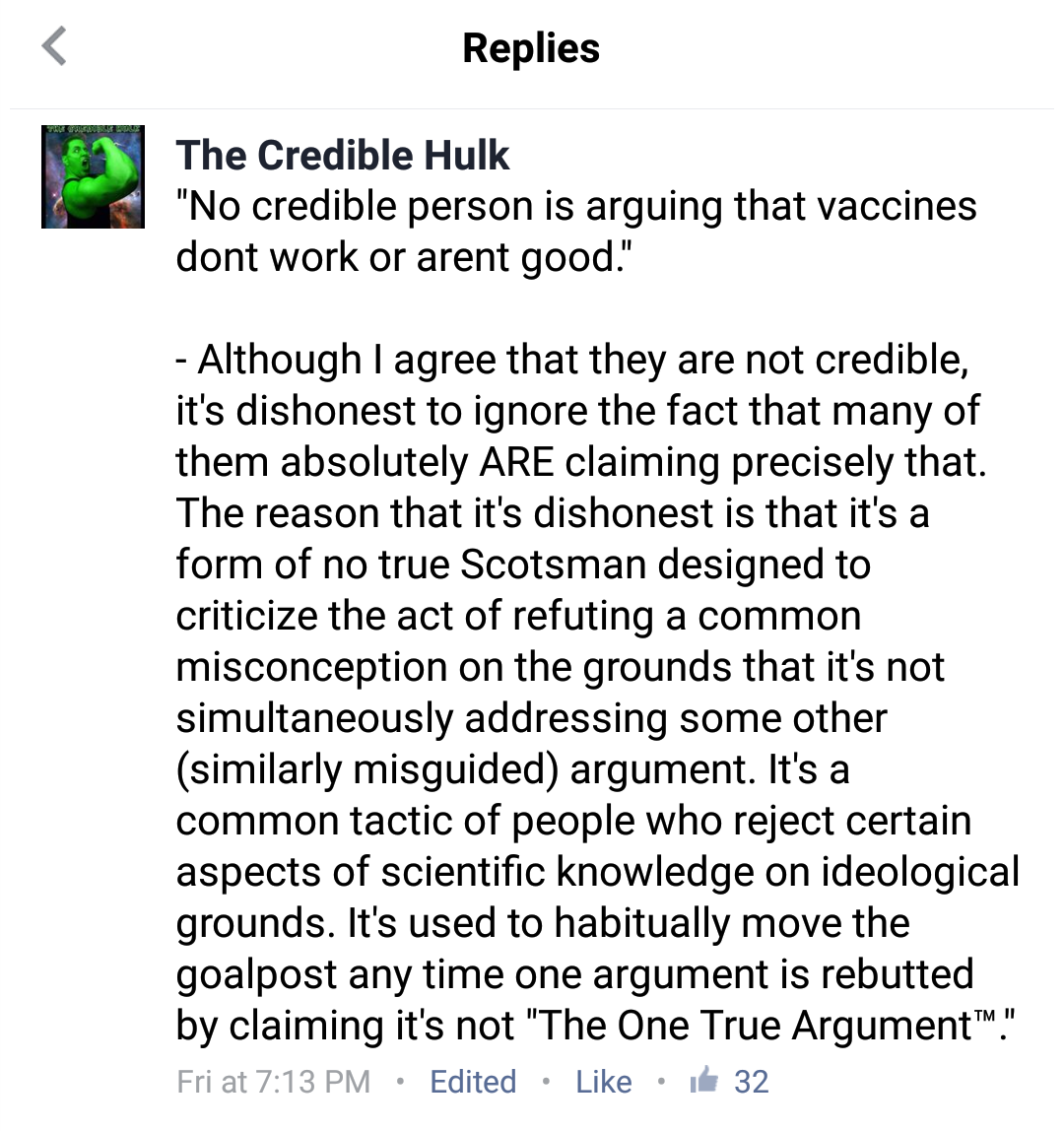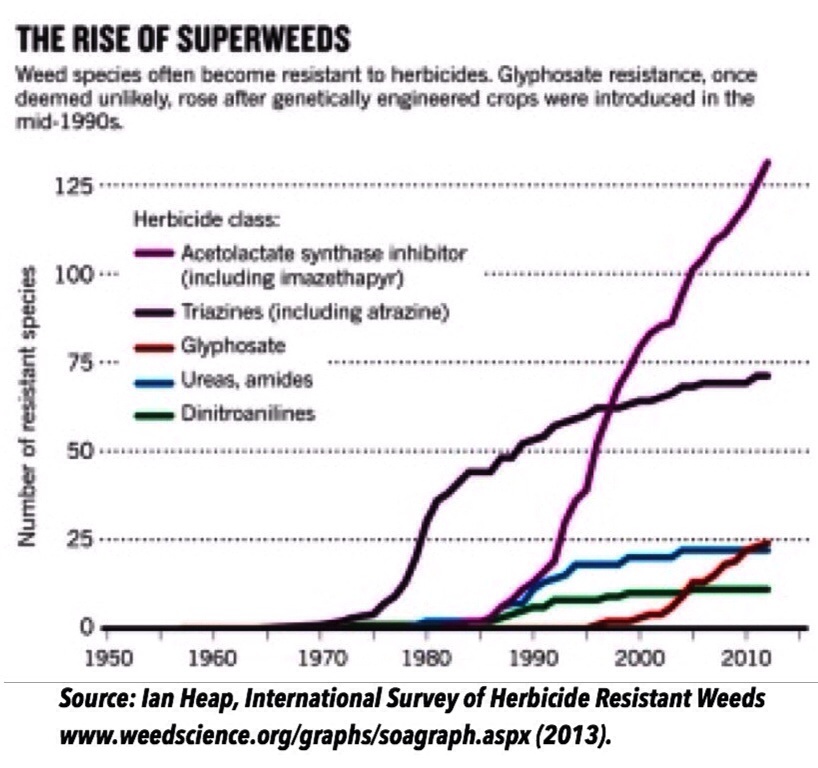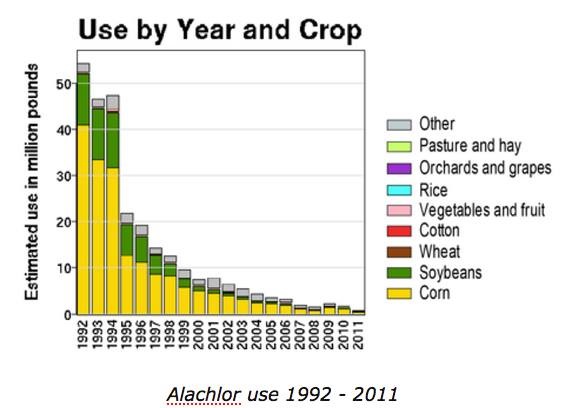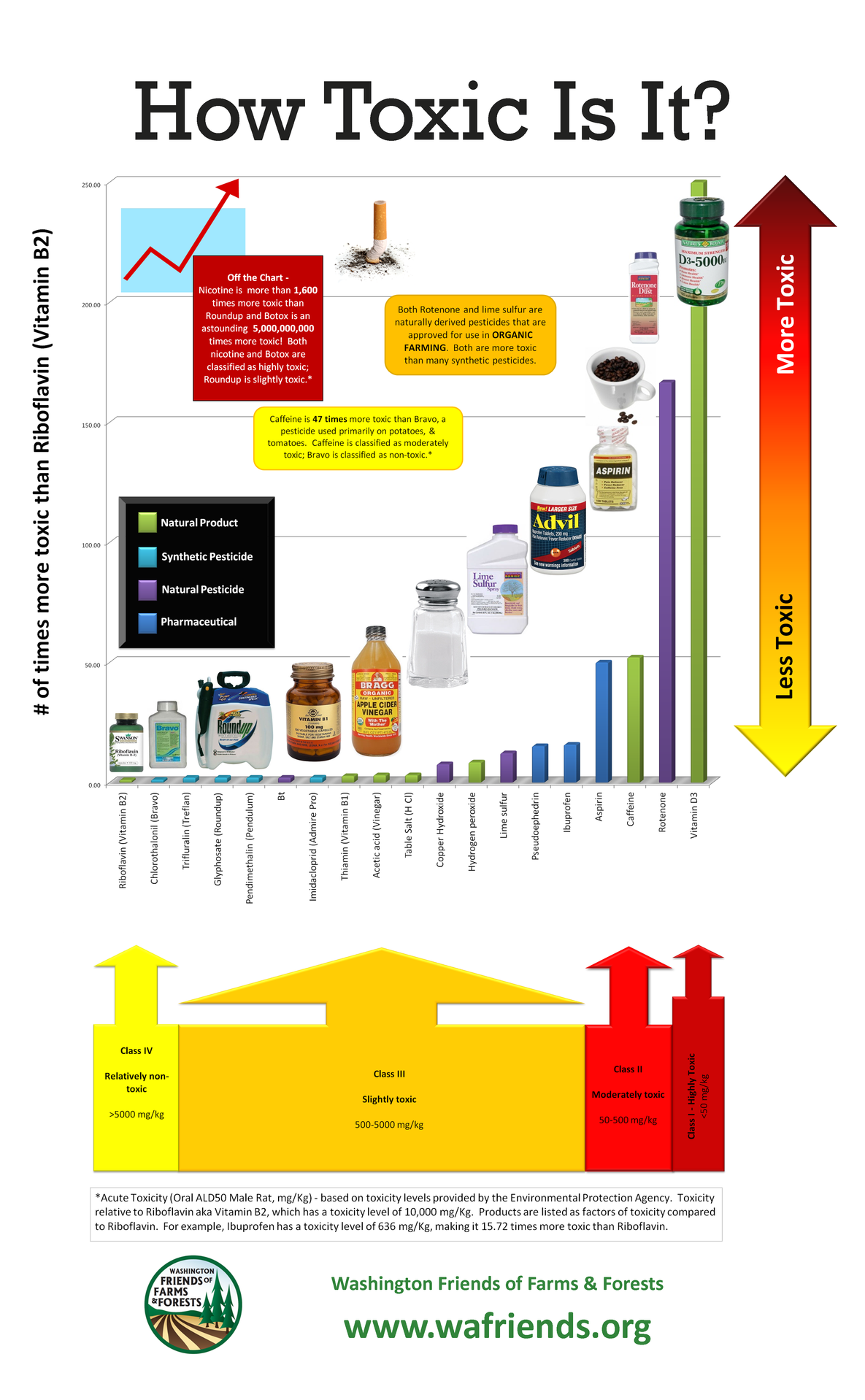Glyphosate and the Gut Microbiome: Another Bad Argument Annihilated
Introduction:
Glyphosate is a broad spectrum herbicide that was first introduced by the Monsanto company in the 1970s under the brand name Roundup. The already popular product grew even more popular among farmers upon the introduction of various commodity crops which were genetically engineered to resist the herbicide while it killed the surrounding weeds with which the crops would otherwise compete for water and nutrients. Glyphosate went off patent back in the year 2000, and since then many manufacturers have cashed in on its popularity [1]. Although it is of unusually low toxicity, glyphosate receives a level of scrutiny and vehemence of criticism that is disproportionate to its actual established risks [2],[3],[4]. This is attributable in part to its ubiquity in modern conventional farming, but it’s likely even more attributable to its association with Monsanto, against which a large and well-organized counter-movement has emerged [5]. (more…)




